
The survivors of the 1990s Yugoslav Wars are central to peacebuilding. Their testimonies serve as a reminder of the broken imperative, “never again”. Recognizing their rights includes reparations. Reparations are crucial for reconciliation and the prevention of recurring atrocities. Moreover, reparations will allow post-conflict societies to pull out the marginalization of war survivors from its roots.
This was the stance presented by civil representatives from Bosnia and Herzegovina, Montenegro, Kosovo, and international institutions, at the PCRC’s regional conference, “Building a Common Agenda for Prevention in the Western Balkans”, held in March. The panel, “Victims and Reparations: A Grassroots Perspective”, dealt specifically with this issue. Graciela Gatti Santana, President of the International Residual Mechanism for Criminal Tribunals (IRMCT), stated via video message that victims, as witnesses, have played a crucial role before the International Criminal Tribunal for the former Yugoslavia (ICTY) and the Mechanism. “Their stories are testaments to the resilience of the human spirit and also serve as reminders of the imperative of never again.”
Santana added, “It is encouraging to observe that the right of victims of international crimes to claim reparations has now been more widely recognized. A number of courts and tribunals set up after the ICTY incorporate related principles and procedures in their legal frameworks, seeking to provide victims with a means of redress for the harms they have suffered.”
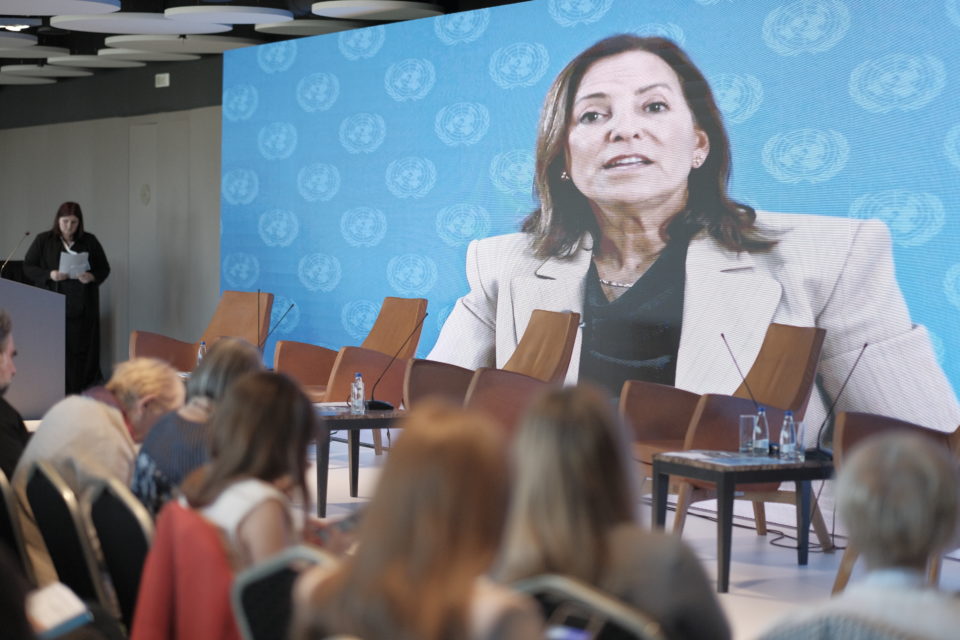
“There is a push for similar developments within the domestic sphere,” she concluded.
Reparations: an Imperfect Struggle
Selma Korjenić from TRIAL International BiH emphasized the importance of involving war crimes victims in the decision-making process that drives reparations and transitional justice. She reminded the conference that “civil society, victim’s associations and victims have had to engage in advocating, capacity-building and awareness-raising in all those steps that have led us later to some kind of measures of reparations.”
She highlighted the role of the international community in supporting the process of justice and reparations, citing the example of an increased prosecution of cases of sexual violence in Bosnia and Herzegovina after the issue became a global priority. Korjenić emphasized that concrete results have been achieved, such as the adoption of Law on the rights of torture victims in the entity of the Republika Srpska.
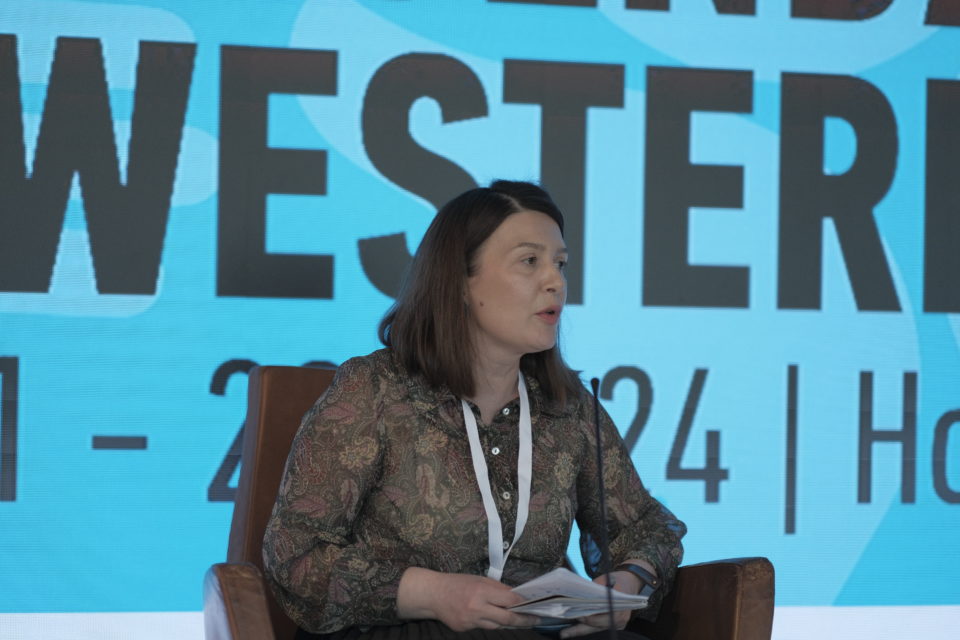
This law regulates the conditions and procedure for the recognition of the status and rights of victims of war torture as a special category of civilian victims of war, as well as the rights based on their established status. It also regulates the way their rights are realized, how to secure funds for the realization of these rights, and other issues of importance for the recognition of the status and rights according to this law.
Daliborka Uljarević from the Center for Civic Education (CCE) in Montenegro believes that reparations are a powerful mechanism for addressing historical injustice. She explained that reparations promote reconciliation by acknowledging the suffering of victims.
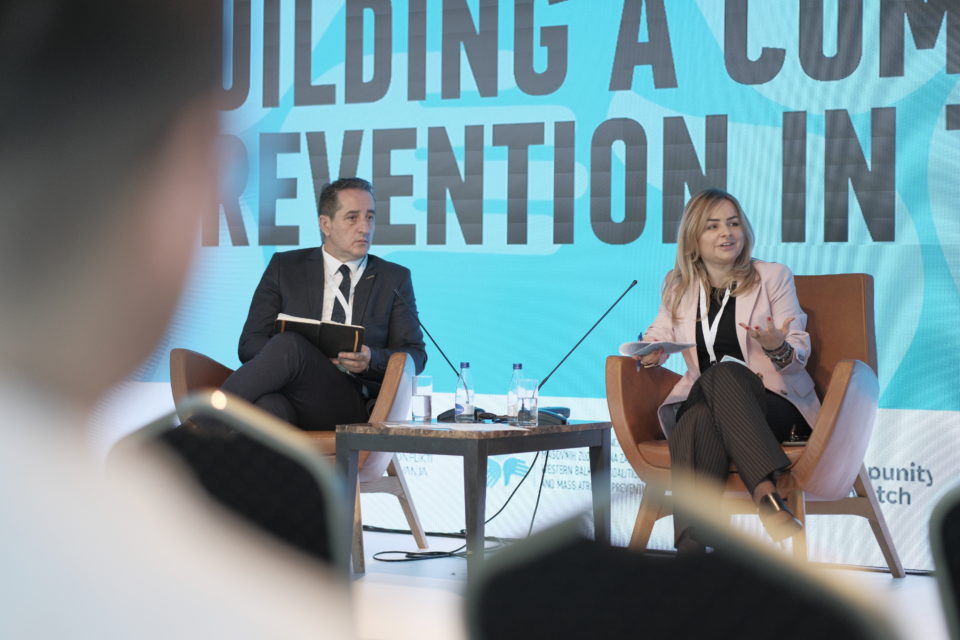
“Talking about reparations comes as something completely alien, not only to the politicians who are creating this climate of uncertainty, but also, we are lacking a support of citizens to push for these things, to try to actually compensate at least some of the parts of the justice that the victims have not been receiving,” Uljarević stated.
Bekim Blakaj from the Humanitarian Law Center (HLC) Kosovo stated that the role of civil society in the transitional justice process is limited as regards reparations. He pointed out the ongoing issues with laws on the status and rights of victims which discriminate against civilian war victims (in favor of military victims). He adds that memorials in Kosovo often are not inclusive of all victims and do not provide an adequate narrative about past events.
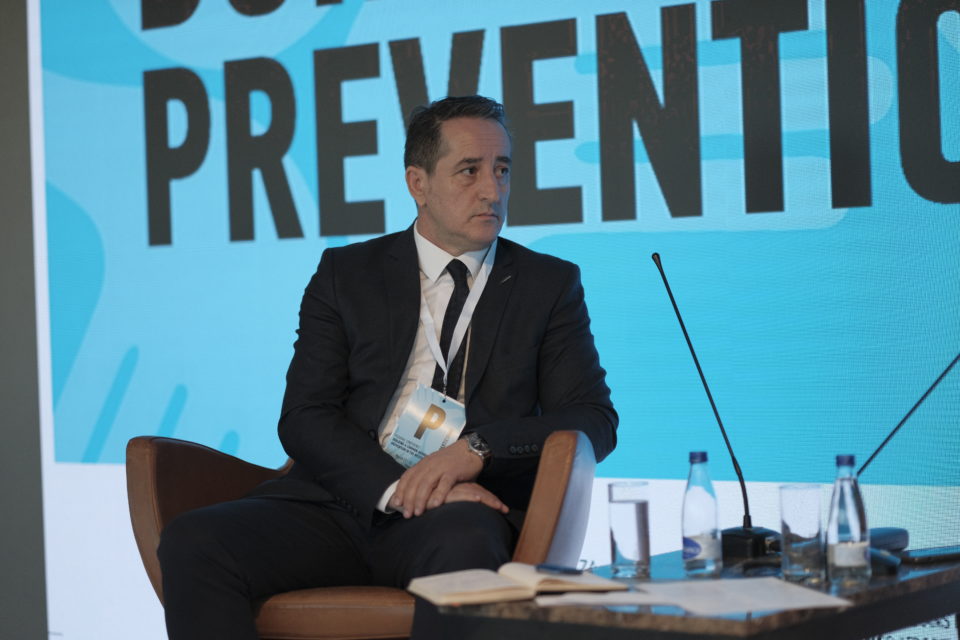
He emphasized the need for a fairer approach to reparations, which would include a judicial component. “When it comes to monetary compensations, like loans, in Kosovo, unfortunately, all of them are administrative reparations. There is no single case when a court has awarded a reparation for victims.” An administrative reparation is an out-of-court process by states to provide compensation to mass numbers of victims of human rights violations.
Polarized Societies and Societal Change
The panel’s interlocutors agreed that Western Balkan societies are increasingly polarized.
Uljarević turned the conference’s attention to Montenegro, where she argued there is a systemic neglect of the issue of polarization: “What we are witnessing in the last couple of years is actually a regression.”
Branko Ćulibrk from the Youth Center KVART in Bosnia and Herzegovina believes that changes in society must come from the citizens themselves.
“Our role is to advocate for solidarity and the visibility of victims, without criticizing political structures that could marginalize us,” stated Ćulibrk, emphasizing the importance of working with youth.
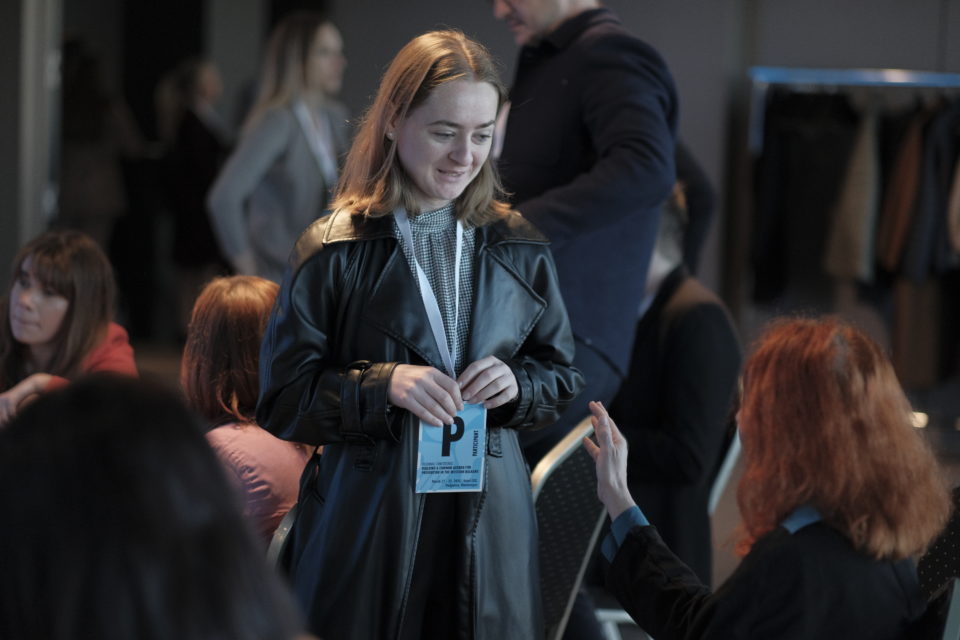
According to Ćulibrk, addressing the issues of the past is crucial for achieving the desired social changes. KVART focuses on working with young people but recognizes the necessity of involving the wider local community to change social frameworks regarding the past.
Meanwhile, Marlies Stappers from Impunity Watch, who moderated the panel, “Victims and Reparations: A Grassroots Perspective”, highlighted that we cannot talk about significant reparations without the recognition of crimes.
“Justice means that there is acknowledgment, that there is recognition, and as long as that is not there, it’s very difficult for victims to heal,” Stappers stressed.
Stappers reiterated the general consensus of the panel: that reparations are key to preventing the repetition of crimes and will contribute to the fight against the marginalization of atrocity survivors.
____________________________________





